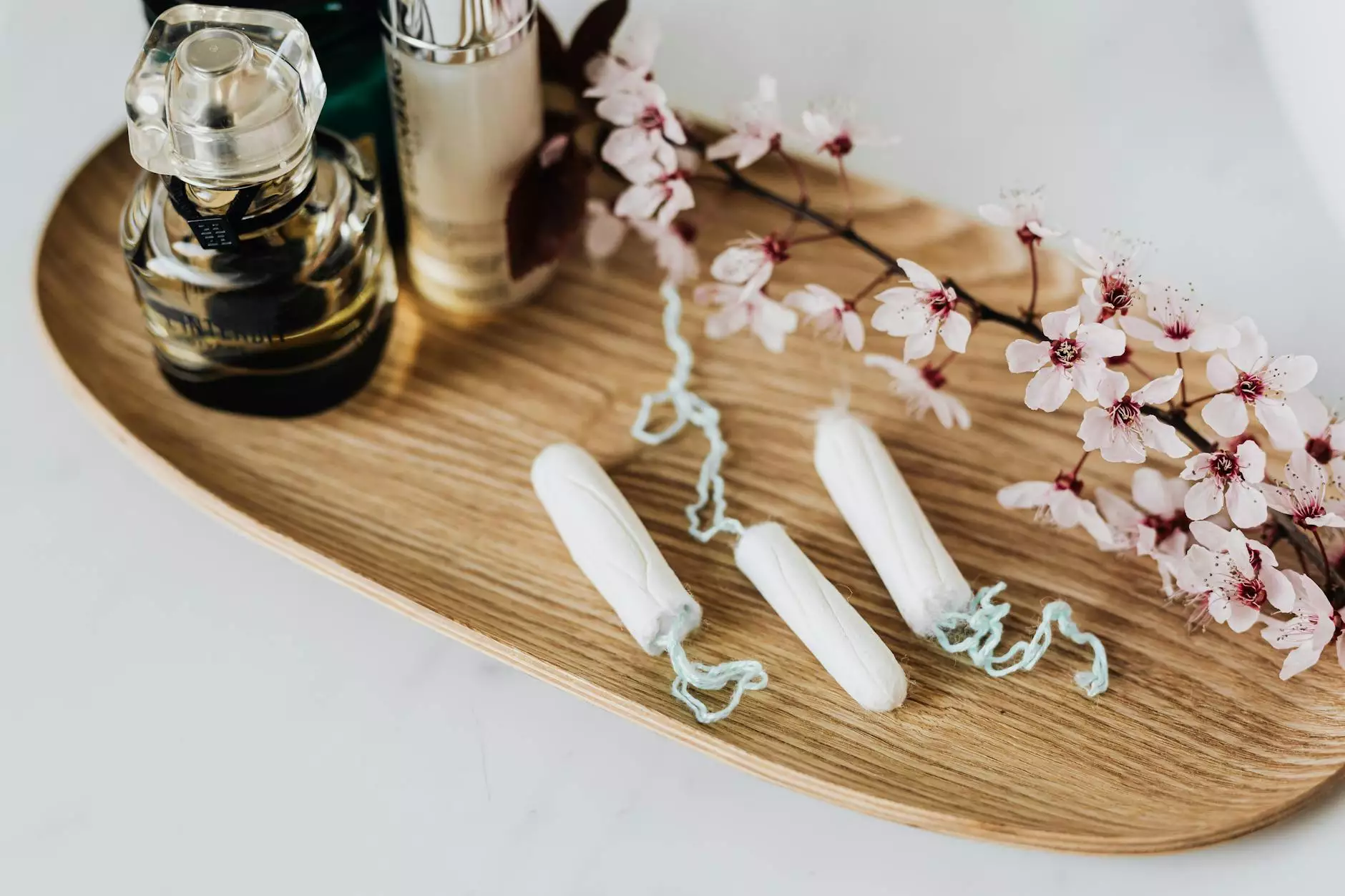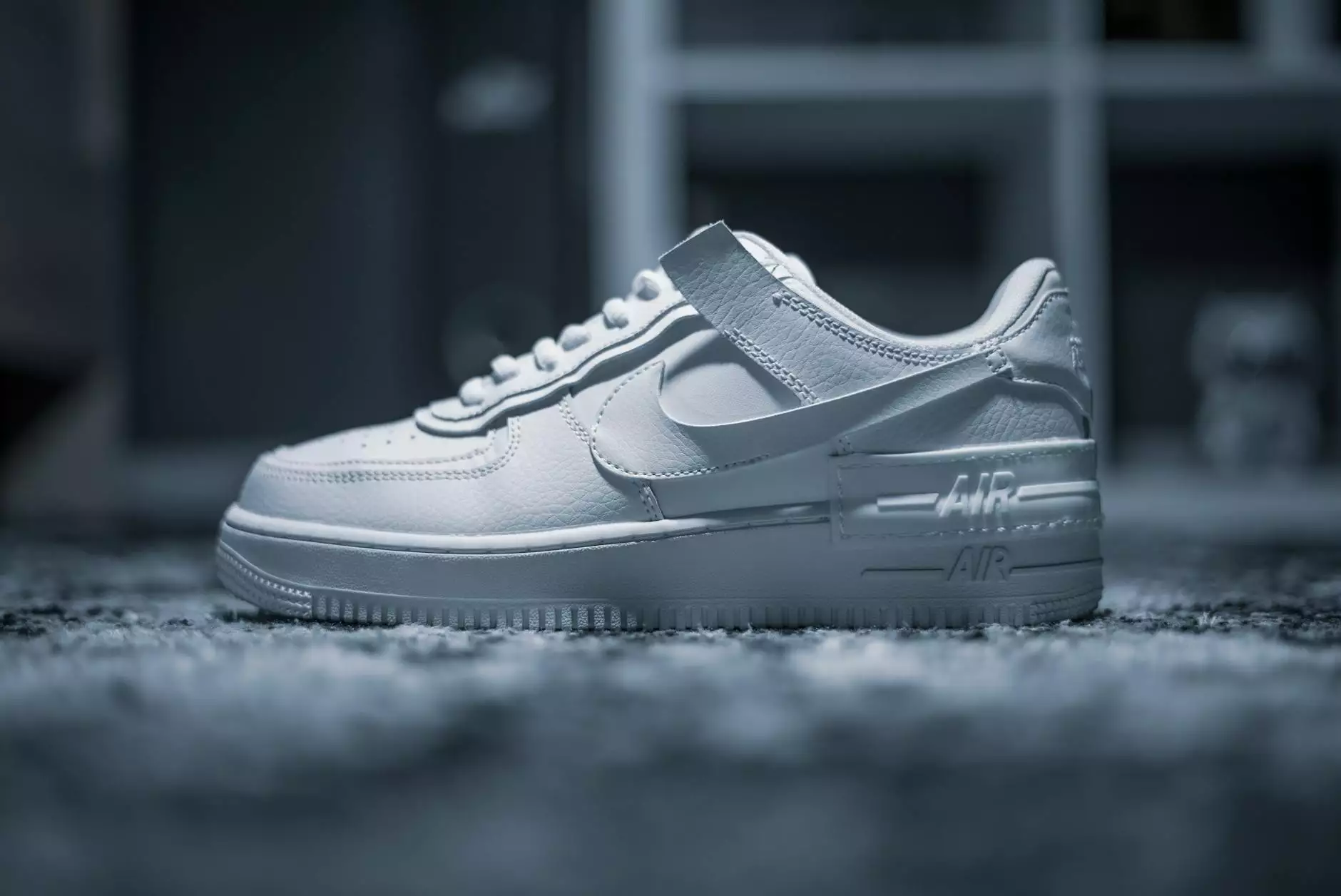The Benefits of Insoles for Optimal Foot Care

Introduction
At The Foot Practice, we understand the importance of foot health and the significant role it plays in overall well-being. Our team of expert podiatrists specialize in providing exceptional foot care services to address a wide range of foot concerns. In this article, we will explore the incredible benefits of insoles and how they can greatly contribute to optimal foot care.
What are Insoles?
Insoles, also known as footbeds or shoe inserts, are cushioned supports placed inside footwear to provide additional comfort, support, and alleviate various foot conditions. They are designed to enhance the foot's natural arch, evenly distribute weight, and absorb shock during activities. Insoles come in various materials and styles to cater to individual needs and foot conditions.
The Importance of Insoles for Foot Health
Proper foot care is crucial for maintaining overall health. Insoles offer numerous benefits that contribute to improved foot health:
1. Enhanced Comfort
Insoles provide an additional layer of cushioning, which improves overall comfort during daily activities. They help alleviate pressure on the feet, reducing discomfort and fatigue, especially for individuals who spend prolonged hours standing or walking.
2. Arch Support
Insoles with arch support are particularly beneficial for individuals with flat feet or high arches. They help maintain proper alignment and prevent excessive strain on the arch, reducing the risk of foot conditions such as plantar fasciitis and Achilles tendonitis.
3. Shock Absorption
The human foot undergoes significant impact and shock during activities such as walking, running, or jumping. Insoles equipped with shock-absorbing properties help minimize the impact on joints, reducing the risk of injuries and conditions such as stress fractures.
4. Pressure Redistribution
For individuals with foot deformities or conditions like bunions or corns, insoles can redistribute pressure evenly across the foot, providing relief and minimizing discomfort.
5. Improved Posture and Body Alignment
Insoles can assist in achieving better posture and body alignment by promoting proper foot positioning. Correct alignment can help alleviate strain on the joints and muscles of the feet, ankles, knees, hips, and lower back.
6. Prevention and Management of Foot Conditions
Insoles play a vital role in preventing and managing various foot conditions. They can provide support and relief for conditions such as flat feet, plantar fasciitis, metatarsalgia, Morton's neuroma, and other common foot ailments. However, it is essential to consult with a qualified podiatrist to determine the most suitable insoles for individual needs.
Types of Insoles
There are different types of insoles available, each catering to specific foot conditions and preferences:
1. Cushioning Insoles
These insoles are designed to provide additional cushioning under the foot. They are ideal for individuals seeking enhanced comfort during daily activities and can be beneficial for individuals with mild foot conditions.
2. Arch Support Insoles
Arch support insoles are specifically designed to address arch-related foot conditions. They provide extra support and stability to the arch, helping improve alignment and reducing strain on the foot.
3. Custom Orthotic Insoles
Custom orthotic insoles are individually tailored to a person's feet, taking into account their unique biomechanics and foot structure. These insoles offer maximum support, correcting specific abnormalities and providing personalized comfort.
4. Sports Performance Insoles
Designed for athletes and active individuals, sports performance insoles are engineered to enhance performance, provide shock absorption, and improve stability during sports or strenuous activities.
Choosing the Right Insoles
Choosing the right insoles can significantly impact foot health and overall comfort. Here are some factors to consider:
1. Foot Condition
Identify your foot condition or concern to determine the most suitable type of insole. Consulting with a podiatrist is highly recommended for accurate diagnosis and personalized recommendations.
2. Material
Insoles are available in various materials, such as foam, gel, or semi-rigid materials. Consider the level of cushioning and support required for your specific needs.
3. Footwear Compatibility
Ensure the chosen insoles are compatible with your footwear. Insoles are designed differently based on shoe types, so it's crucial to find the right fit.
Conclusion
Insoles are valuable tools for maintaining optimal foot health and comfort. They provide enhanced support, distribute pressure evenly, and alleviate various foot conditions. At The Foot Practice, our dedicated team of podiatrists can guide you in selecting the most appropriate insoles based on your individual needs. Take a step towards improved foot care by discovering the benefits of insoles for yourself. Your feet will thank you!









